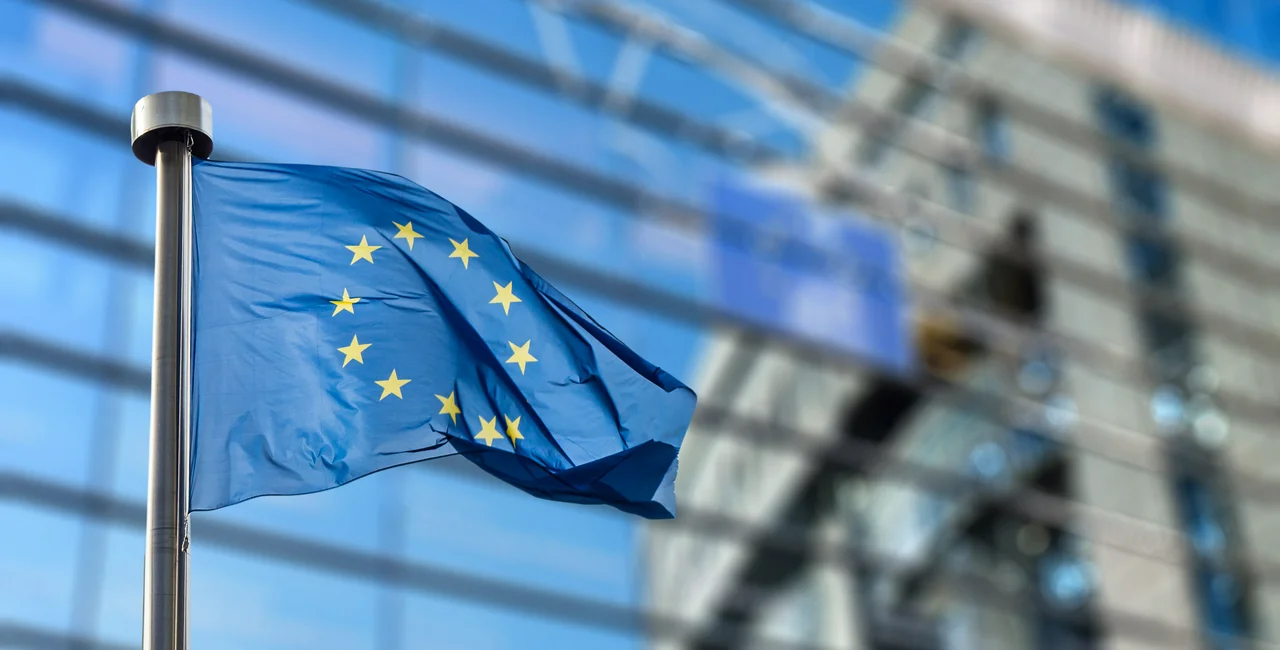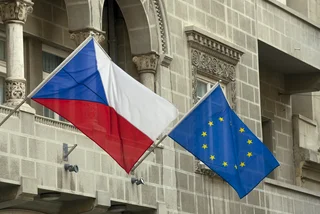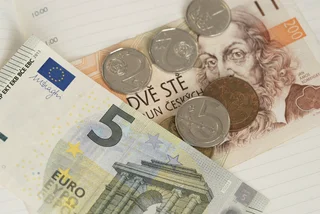Anyone following Czech politics will be aware that the Czech Republic’s EU presidency is coming up in the second half of this year. And even those not already aware of the presidency will know about it soon: various events are planned to celebrate the country taking up the bloc’s rotating leadership.
But what does this actually mean for the Czech Republic? Here’s a rundown of everything you should know about the Czech Republic’s forthcoming EU presidency, starting in July.
PARTNER ARTICLE
What is the EU presidency?
The EU presidency, is, more specifically, the presidency of the Council of the European Union, one of the main political bodies which make up the European Union.
The Council comprises ministers from the EU’s 27 constituent member states. Meanwhile, the separate European Council, bringing together heads of state or government from member states, has a permanent individual presidency currently held by Charles Michel.
The European Council and the Council of the European Union direct the bloc’s overall direction. Policy is then formulated by the European Commission, and presented to the Council and the European Parliament for approval.
The six-month rotating presidency of the Council of the European Union gives each member state a chance to be the senior voice, ensuring (in principle) equality among EU nations in the bloc’s decision-making process.
What does it involve?
Presidency of the Council gives the government of the individual member state the responsibility for setting the agenda of EU discussions. This provides an opportunity for the nation to ensure sufficient focus is paid to the topics in which it is interested.
The Czech government has described Council presidency as “one of the most important tools a Member State has to influence daily functioning, long-term goals and the external visibility of the EU.”
The Czech Republic’s presidency will give it the chance to influence the speed and intensity of certain legislative proposals tabled by the Council. For six months, Czechs have the chance to shape the EU in their own image.
How will Czechia use its presidency?
The Czech government has already outlined some of its priorities. While in charge of the Council, it will seek to accelerate the EU’s collective shift away from Russian oil imports as a result of the war in Ukraine.
Czech Foreign Minister Jan Lipavský"This is a crucial time to act with unity and resolve. During our EU presidency, I would like to advance the discussions on cutting oil imports from Russia, since Russia’s incomes from the EU must be minimized."
Strengthening support for Ukraine and enhancing the EU’s strategic defense and security autonomy will also be high on the agenda during the Czech presidency, according to Lipavský.
We ended a busy day in Brussels with a conference organized by @GLOBSEC. I made clear that during our #CZPRES we will work hard to stop the dependence on Russian energy. pic.twitter.com/nOpJUzOzPn
— Jan Lipavský (@JanLipavsky) April 7, 2022
The Czech government is also likely to focus on long-term foreign policy priorities. These include EU expansion into the Western Balkans and the strengthening of the EU’s Eastern Partnership program, which was set up in Prague during the last Czech EU Presidency in 2009.
Both initiatives are in difficult circumstances, with Belarus suspending its participation in the Eastern Partnership scheme last year and Ukraine currently ravaged by war. Meanwhile, EU candidate country Serbia has come in for heavy criticism over its ambivalence towards Russia’s invasion of Ukraine and its acceptance of Chinese weaponry, which runs contrary to EU foreign and security policy.
What does it mean for Czechs?
In the Czech Republic, events to mark the start of the presidency will include a concert by the Czech Philharmonic on a floating stage on the river Vltava. The Orchestra will perform Beethoven’s Ode to Joy, the EU’s anthem, along with pieces by Czech greats Smetana, Dvořák and Janáček.
The Czech Republic will meanwhile host major international political events as part of its presidency program. The government is planning to kick off its six-month tenure in style this summer with plans for an EU summit to be attended by U.S. President Joe Biden.
Lipavský has also said that the Czech Republic plans to organize a donor concert to raise funds for Ukraine as part of its EU presidency.
Still, not everyone’s happy with the build-up to the country’s leading role later this year. A group of university students, including Erasmus students, are filling various roles in the preparation of the EU presidency as part of a low-cost plan pursued by the Czech government. Yet many are disgruntled at the paltry financial support provided by the government, complaining that travel to Brussels and accommodation in the Belgian capital is being paid for out of their parents’ savings.
Notwithstanding this PR headache, the Czech Republic’s EU presidency is a chance for it to set its stamp on the EU’s operations and boost its international reputation. With the country already taking a leading role in the international response to the Ukraine conflict, the presidency comes at an opportune moment.












 Reading time: 4 minutes
Reading time: 4 minutes 





























